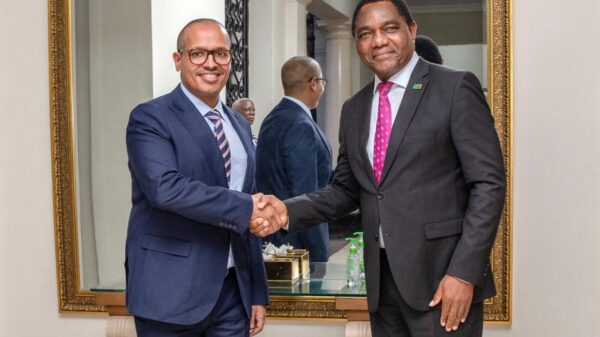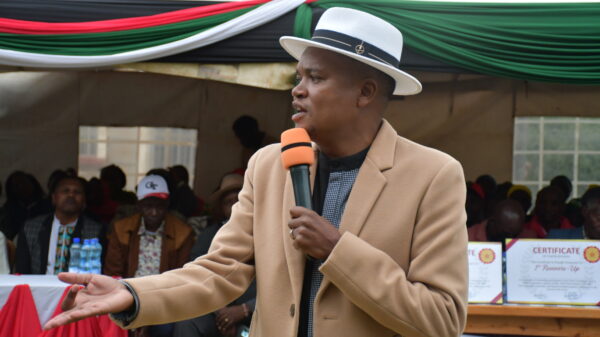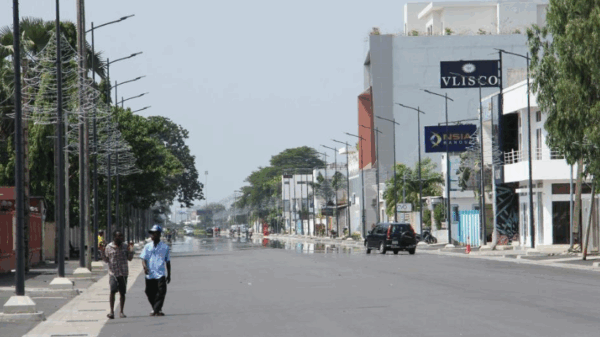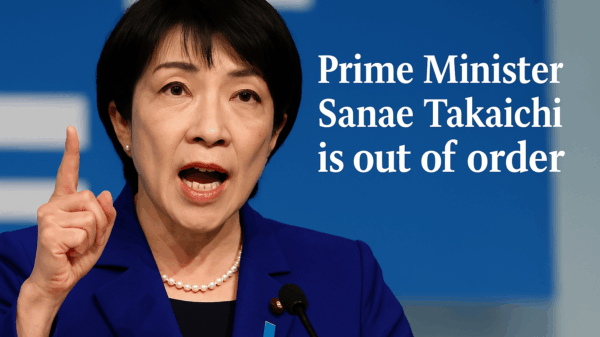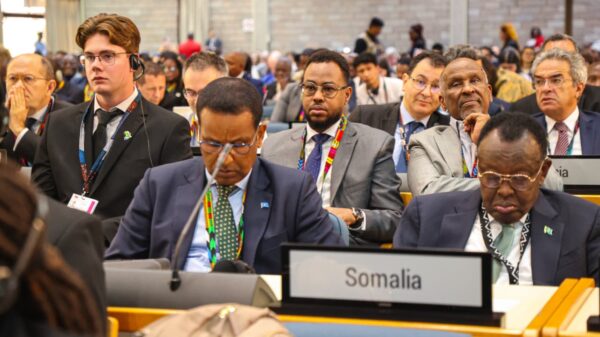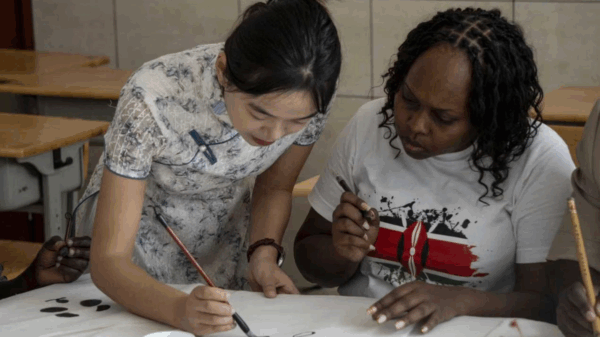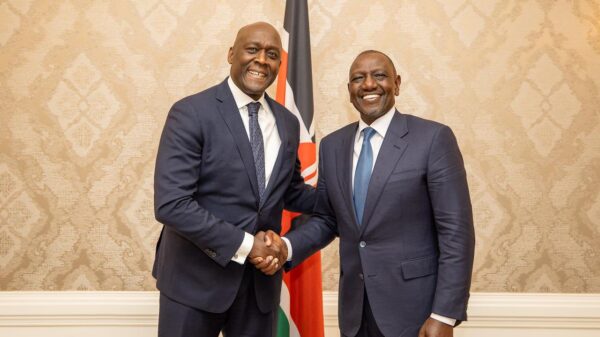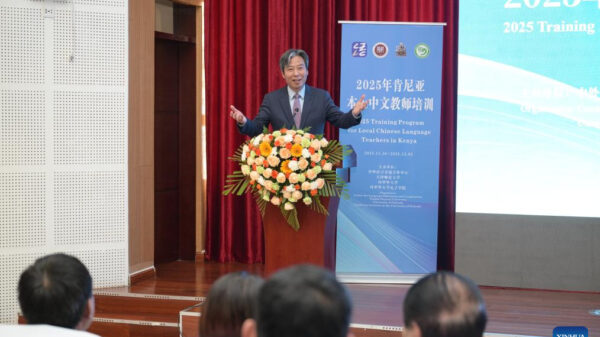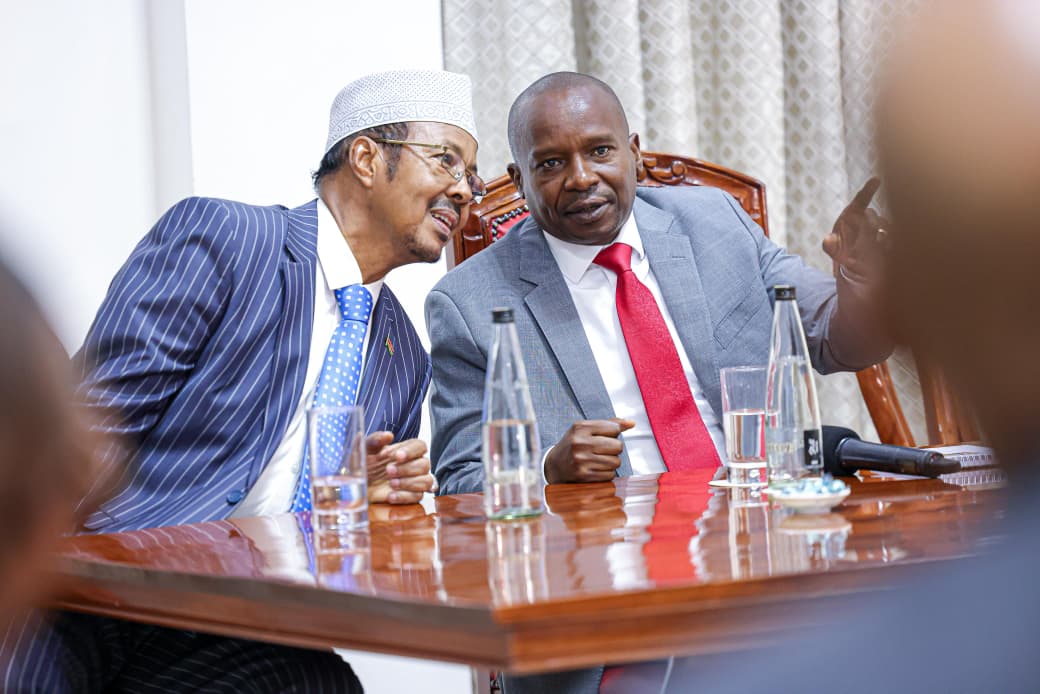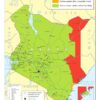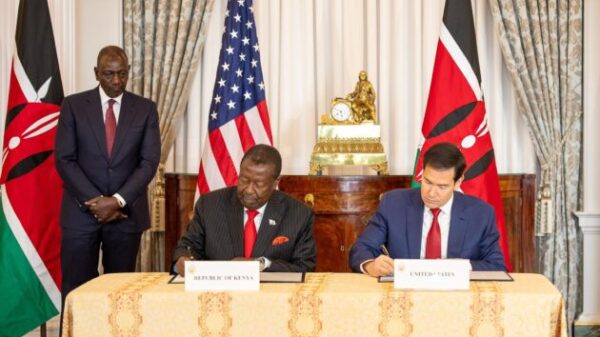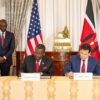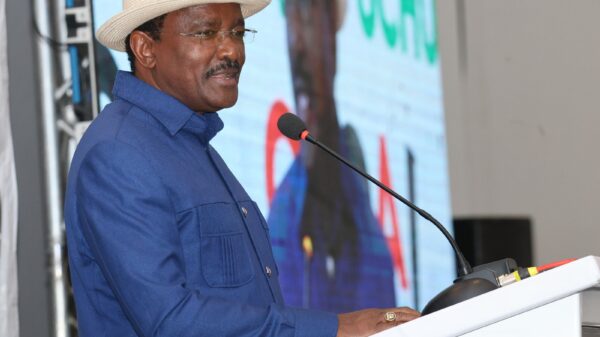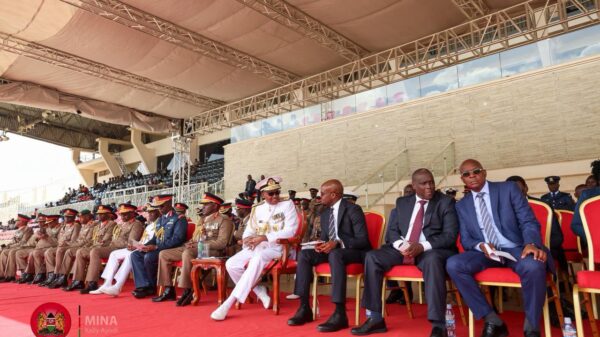NAIROBI, Kenya, Aug 12 – Eldas MP Adan Keynan has called for a united pushback against what he described as long-standing profiling and discrimination targeting certain communities in Northern Kenya.
Speaking in response to recent remarks by former Deputy President Rigathi Gachagua, Keynan accused some individuals of perpetuating harmful stereotypes and questioning government policies meant to foster equality.
“You are aware there are individuals who have taken time to profile the community we represent — including calling us Al-Shabaab and questioning deliberate government policies,” Keynan said Tuesday when Members of Parliament from Northern Kenya met with Deputy president Kithure Kindiki at his official residence in Karen, Nairobi, for consultations on ongoing development projects.
“This is the time to push back against that narrative. We are not anybody’s guests or second-class citizens. We are here by right.”
Keynan was reacting to Gachagua’s recent claims while on a trip to the United States, where the former deputy president alleged that President William Ruto was “giving IDs to non-Kenyans” following the easing of identification requirements for border communities.
‘Al Shabaab meet’
Gachagua also alleged that President Ruto met with senior al-Shabaab militants during a visit to Mandera — remarks that have been widely condemned by top government officials, including Deputy President Kithure Kindiki and Interior CS Kipchumba Murkomen.
Keynan stressed that communities in Northern Kenya have long been denied equal access to national identification documents and other government services and said the current administration’s reforms should be embraced.
Dadaab MP Farah Maalim, who doubles as Patron of the North Eastern Parliamentary Caucus echoed Keynan’s sentiments calling for the fast tracking of completion of stalled projects and programs in the region.
“We want the President to be reelected. We want this government to come back [and] want all the projects to take off. For the first time in 63 years, we consider ourselves citizens of this country,” he said.
Deputy President Kindiki, who has defended the reforms, reiterated his commitment to inclusivity and fairness.
‘Discriminatory tendencies’
Kindiki reaffirmed the government’s commitment to ending discriminatory vetting practices for Kenyans living along border regions when applying for identification documents.
The DP said that the directive by President William Ruto to ease the vetting process remains in force, noting it is aimed at eliminating past practices that unfairly targeted certain communities.
“I am happy with the policy interventions that dealt with discriminatory tendencies on issuance of IDs,” Kindiki said.
“They have made some sectarian people uncomfortable, but we must do them for the sake of forging a united and prosperous country.”
Kindiki stressed that the government is pursuing an inclusive, non-discriminatory development agenda, pledging equal treatment for all regions.
“I am a great advocate of inclusion, equity and the indivisibility of Kenya and I believe every part of Kenya needs to be treated equally and places that have lagged behind deserve affirmative action from the government,” DP affirmed.
In February, President Ruto signed a decree ending extra-vetting of residents in border counties for the issuance of national identification cards, a process critic have long described as discriminatory.
Speaking in Wajir after signing the proclamation, the president said all Kenyans should be vetted equally without ethnic or regional bias.
For decades, residents of Northern Kenya have faced additional scrutiny before obtaining birth certificates and IDs — a practice rights groups say has contributed to marginalization and economic exclusion.

